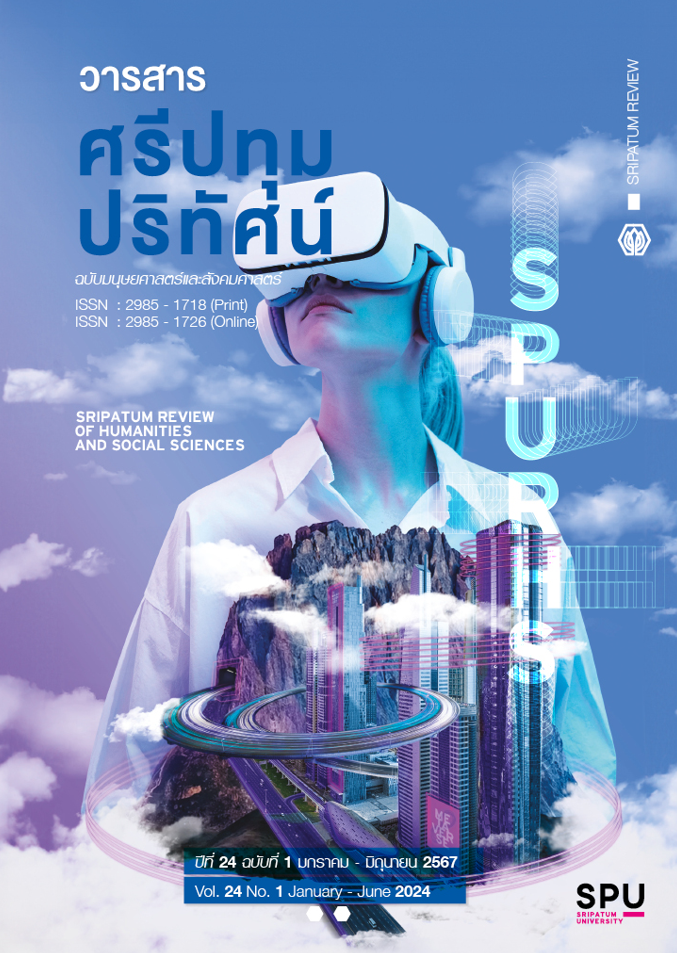A Study of the Mechanisms of the Public Sector in Controlling Drug Prices
Main Article Content
Abstract
Abstract
This research aims to study the efforts to control drug prices within the public healthcare system's supply chain through various measures. These include the announcement of measures to enforce rights over patent holders, the declaration of drug pricing structures, and mechanisms for controlling drug prices within hospitals. This means methods of procurement, purchasing, and controlling which drug manufacturers hospitals can buy from, including the prices for civil servant entitlements. The research tools used are secondary data collection, relying on academic data and other information obtained from electronic searches, and semi-structured interviews, which will be used with the related target groups. The target groups are divided into two: a group of pharmacists responsible for managing drugs and medical supplies in public hospitals, and a group of individuals involved in drug law and policy. The study finds that these various measures still do not play an effective role in controlling drug prices. However, under the flexibility regarding the TRIPS agreement, there are still indirect measures to control drug prices through measures to support the production of generic drugs using the Bolar exception. This research has therefore studied the provisions of such exceptions in Thailand and compared them with the Bolar exceptions abroad. The findings of this research have led to recommendations for adding provisions regarding patent information disclosure in the drug registration application in the draft Pharmaceutical Act, B.E...., as well as improving the procedures for applying for drug registration permits, including the establishment of measures to control drug prices.
Article Details

This work is licensed under a Creative Commons Attribution-NonCommercial-NoDerivatives 4.0 International License.
1. กองบรรณาธิการสงวนสิทธิ์ในการพิจารณาและตัดสินการตีพิมพ์บทความในวารสาร
2. บทความทุกเรื่องจะได้รับการตรวจสอบทางวิชาการโดยผู้ทรงคุณวุฒิ แต่ข้อความและเนื้อหาในบทความที่ตีพิมพ์เป็นความรับผิดชอบของผู้เขียนแต่เพียงผู้เดียว มิใช่ความคิดเห็นและความรับผิดชอบของมหาวิทยาลัยศรีปทุม
3. การคัดลอกอ้างอิงต้องดำเนินการตามการปฏิบัติในหมู่นักวิชาการโดยทั่วไป และสอดคล้องกับกฎหมายที่เกี่ยวข้อง


